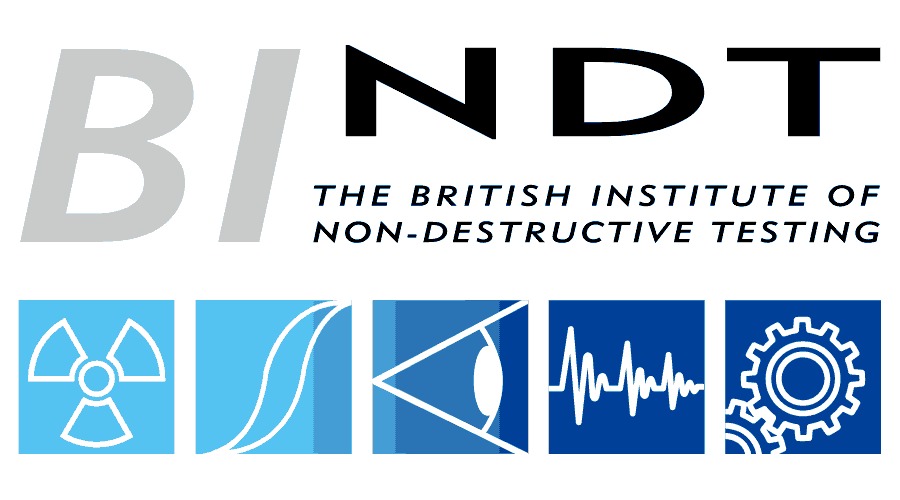With the rising demand for energy efficiency and environmental compliance, industrial facilities are actively seeking sustainable cooling solutions to minimize their carbon footprint.
At STATIC Arabia Expo, industry leaders will explore how innovations in HVAC, evaporative cooling and thermal energy storage can transform industrial cooling systems while ensuring regulatory adherence and operational efficiency.
The Industrial Challenge: Energy-Intensive Cooling Systems
Cooling accounts for a significant portion of energy consumption in manufacturing plants, refineries, data centers, and industrial complexes. Conventional cooling technologies often rely on high-power compressor-based refrigeration and chiller systems, contributing to excessive CO₂ emissions and high operational costs.
Key concerns include:
- High energy consumption due to inefficient cooling systems.
- Refrigerant emissions impacting global warming and regulatory compliance.
- Heat rejection inefficiencies increasing strain on power grids.
Sustainable Cooling Innovations for Industrial Facilities
To combat these challenges, industries are integrating low-carbon cooling solutions that reduce reliance on fossil-fuel-driven power while optimizing performance.
- Advanced HVAC & Energy-Efficient Chillers
- Variable-speed compressors & absorption chillers reduce energy demand.
- Integration of AI-driven cooling load management optimizes efficiency.
- Thermal Energy Storage (TES)
- Utilizes off-peak electricity to store cooling energy for later use, reducing peak-hour energy consumption.
- Reduces dependency on grid-powered cooling during high-demand periods.
- Evaporative & Adiabatic Cooling Systems
- Uses water-based cooling mechanisms to lower temperatures with minimal energy use.
- Ideal for industrial plants, power stations and large-scale manufacturing.
- Free Cooling & Waste Heat Recovery
- Heat exchangers and absorption cooling repurpose industrial waste heat for cooling.
- Reduces reliance on traditional chillers while improving overall energy balance.
Environmental Impact & Compliance
Industrial cooling solutions must align with global sustainability goals, including ISO 50001 (Energy Management Systems) and ASHRAE standards. Companies implementing sustainable cooling strategies benefit from:
- Lower CO₂ emissions, contributing to net-zero objectives.
- Regulatory compliance with environmental policies such as F-Gas regulations and Kyoto Protocol refrigerant phase-outs.
- Energy cost savings, reducing overall operational expenses while enhancing sustainability.
The Future of Industrial Cooling at STATIC Arabia Expo
The STATIC Arabia Expo will highlight next-gen sustainable cooling technologies that integrate IoT, AI-based predictive analytics, and alternative refrigerants to drive energy efficiency. Industrial leaders must prioritize low-carbon cooling innovations to ensure compliance, cost-effectiveness, and long-term environmental responsibility.
By adopting sustainable cooling solutions, industries can significantly reduce their carbon footprint, enhance energy efficiency and meet global environmental compliance standards while ensuring operational excellence.








